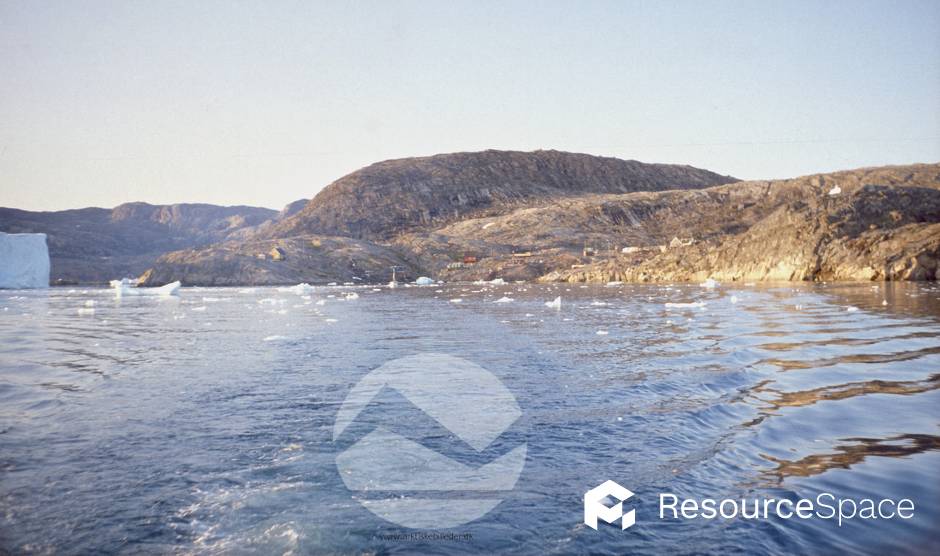
ResourceSpace has changed the way the DEC uses content, making it much easier for us to quickly make assets available both internally and externally during our emergency appeals.
Blog
2nd December 2021

With a rich cultural history and diverse natural resources, Greenland (an autonomous territory within the Kingdom of Denmark) has been of interest to scientists and researchers for hundreds of years.
The task of cataloging, organising and promoting the vast archive of documents, photos, art work, objects, maps and audio files generated by the many expeditions to the island, as well as the people who have worked there, belongs to the Danish Arctic Institute ('Arktisk Institut').
Stig Rasmussen, the Institute's Digital Project Manager, joined the organisation back in January 2014 and remembers how challenging the job was with the old system.
"I'm responsible for the photo archive, providing content, help and information to colleagues and student assistants within the Institute," Stig explains.
"We're working with huge numbers of different assets and media, but with the old system we could only upload one file at a time and it didn't support many file formats. As you can imagine, this made my job very difficult. It was a very basic, antiquated system.
"We couldn't create different user accounts either, so there was no way to make your own collections. We couldn't share assets from there either, so we'd have to send via a different platform.
"Myself and the Archival Manager started to look at new systems, and we were referred to ResourceSpace by another company that we work with. Seeing the upload and advanced search functionality convinced us it was the ideal platform for our needs, and we haven't looked back."
The move to ResourceSpace was a big change for the Institute, but it's been of huge importance, allowing Stig and his colleagues to work smarter and more efficiently.
"From both my perspective and my colleagues' perspectives, ResourceSpace has made it so much easier to work with lots of digitalised files," says Stig.
"With the old system, if I needed to upload 100 files it would take literally half my working day. With ResourceSpace, the same task takes just 15 minutes."
Conducting searches in the Digital Asset Management (DAM) is also a feature that's really pleased Stig and his team thanks to ResourceSpace's advanced use of metadata.
"The archive is organised into collections, but when you do a search you get relevant results from all of these different collections - photos, maps, audio files. It's made finding the assets you need so much easier."
ResourceSpace hasn't just provided the ability to upload hundreds of digital assets quickly though. It also allowed the Institute to curate a very large public photo archive.
"The point is, we have all of these great materials and we want people to be able to access them. With ResourceSpace we've been able to make the entire digitised archive open to the public, but we can also easily create and share specific collections, and promote them on social media.
As well as doing a great job at solving the Danish Arctic Institute's technical challenges, Stig has also been delighted with the level of support offered by the ResourceSpace customer service team.
"The support team is fantastic, supportive and quick to respond. Problems don't arise often, but when they do they're fast at dealing with them.
"It's been a really satisfying customer experience."
If you'd like to find out how ResourceSpace can achieve the same results for your organisation, why not request your free DAM instance today? You can be up and running within minutes, with no obligation to buy and zero feature restrictions.
#CulturalHeritage
#DigitalArchives
#Efficiency
#Metadata
#PublicAccess
#DigitalCuration
#DigitalTransformation
#BestPractice
#ResourceSpaceTips
#DigitalCollections
#UserExperience